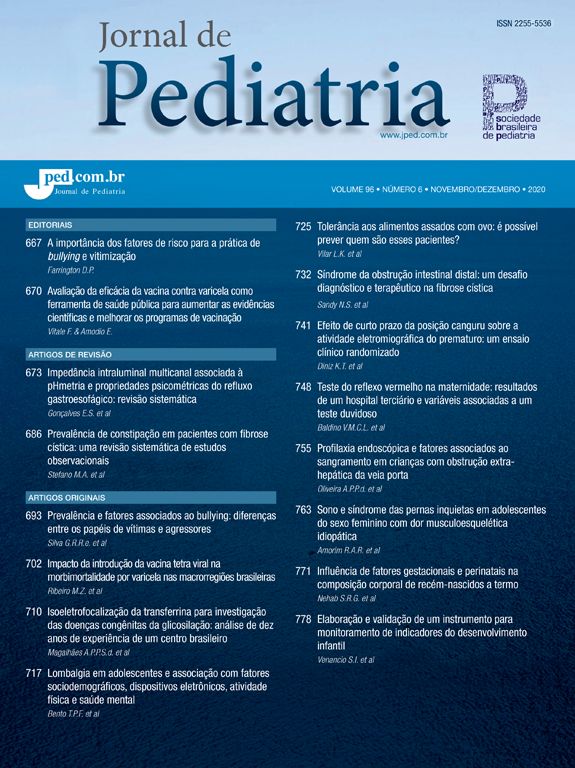A clinical follow up of 165 Down Syndrome (DS) patients in an outpatient clinic programme at the Centro de Genética Médica (IFF - FIOCRUZ) was undertaken retrospectively. Clinical and laboratorial investigations were performed, such as cytogenetics and hematological analysis, thyroid hormones survey, abdominal ultrasound and cervical column X Rays. The clinical diagnosis of Down Syndrome was mostly performed during the first year of life, and 70% of all patients were under 4 years of age, being predominantly males. Trisomy 21 derived from non disjunction was found in 85% of the patients. The most common congenital malformation was cardiopathy (37.5%) and among all the clinical complications, repeated pneumonia could be evidenced in 30% of the patients, mainly during the first year of life. Leukopenia was observed in 14% of the patients and abdominal ultrasound scans allowed the early detection of biliary stones in 4.3% of the patients examined, a significative finding in the paediatric population. A prospective clinical programme aiming to anticipate the detection of clinical complications on at risk DS populations will fulfill its objectives and may act as a reducing factor in the infantile mortality rate.
O fator de impacto mede o número médio de citações recebidas em um ano por trabalhos publicados na revista durante os dois anos anteriores.
© Clarivate Analytics, Journal Citation Reports 2025
O CiteScore mede as citações médias recebidas por documento publicado. Mais informação
Ver maisSJR é uma métrica de prestígio baseada na idéia de que todas as citações não são iguais. SJR utiliza um algoritmo similar ao page rank do Google; é uma medida quantitativa e qualitativa ao impacto de uma publicação.
Ver maisSNIP permite comparar o impacto de revistas de diferentes campos temáticos, corrigindo as diferenças na probabilidade de ser citado que existe entre revistas de distintas matérias.
Ver mais








